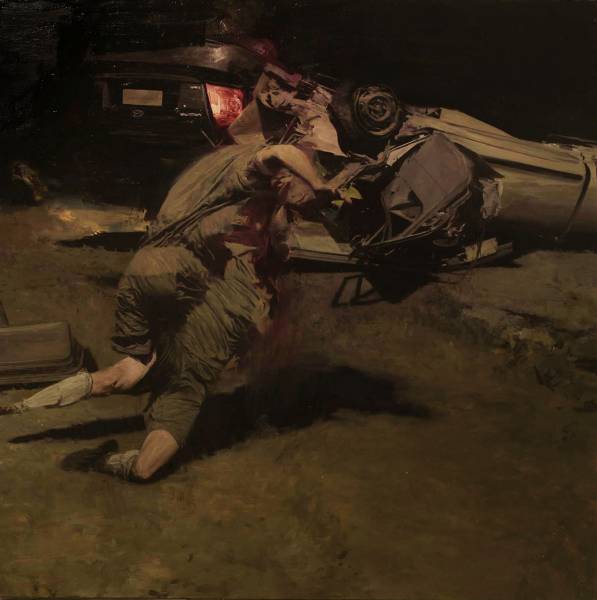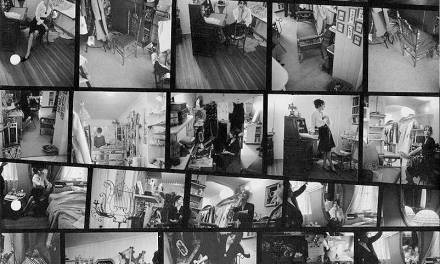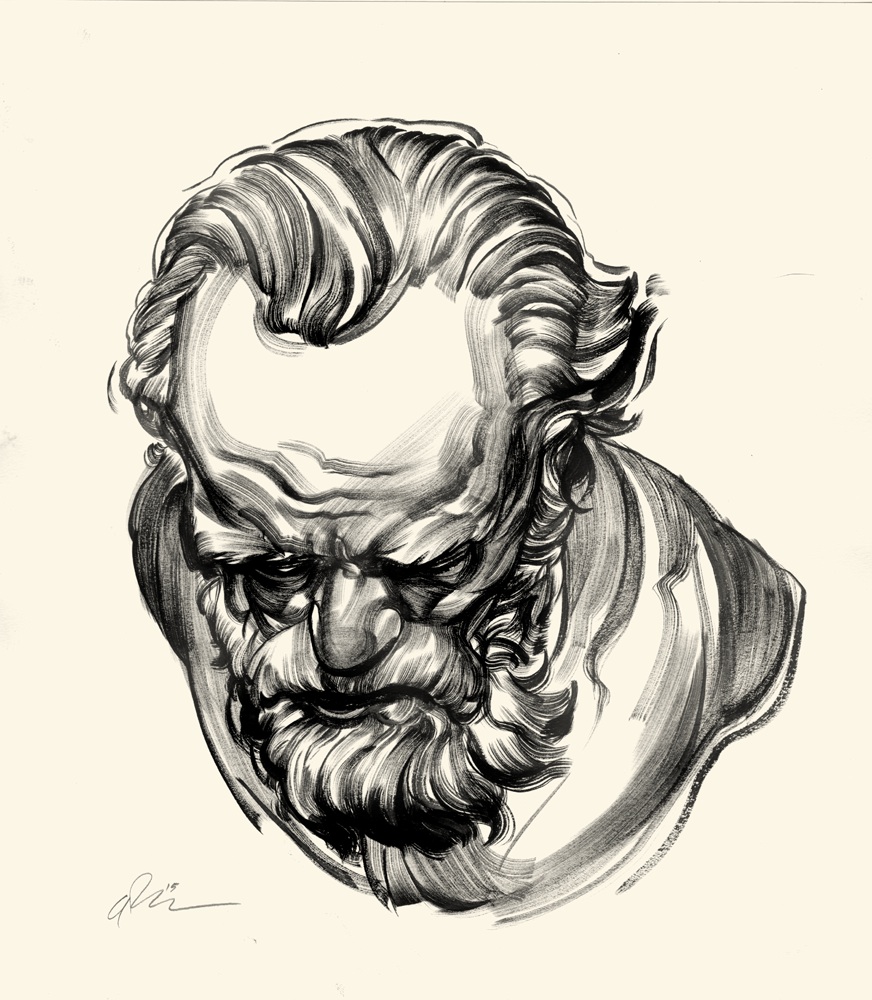Sunday Skills: the weekly (ish, deadlines allowing) article about the little ideas in art that can have a big impact. Always feel free to ask questions liberally on Sunday, because I will answer everything I can on Monday. There’s no way to be notified when new comments come in, so after a time it becomes too much to wade through old posts and try to answer everything.
DO BOTH
In Tim Ferriss’s book Tools of Titans, he recaps an interview he conducted with Peter Diamondis (@PeterDiamondis, Twitter) on his podcast, The Tim Ferriss Show. At the end of that recap, he lists 12 of the renowned 28 “Peter’s Laws.”
Law 2: When given a choice…take both.
This is PHENOMENALLY good painting advice.
A lot of us reach points in our development (plateaus of frustration, really) where we seem to be struggling with a dichotomy. Should I do X or Y with my work? Graphic or painterly? Referenced or imaginative drawing?
We need to know when something in our work just isn’t as important as something else, and be willing to cut the cord. The most advanced artists always seem to be those who’ve pruned away any distractions so that their work can be all about what interests them, and what they most enjoy. We don’t want to stymie that process, but what we’re talking about here is a real dilemma: you really want to use and explore both, but feel you have to choose.
You don’t.
I talked a little bit about this in my last article, Crutches, when I mentioned that a lot of great techniques involve removing the limitations that crutches are meant to support, while still using those crutches. That’s an example of “doing both.”
Let’s take the proposed dichotomy between referenced drawing, and imaginative, constructive drawing as an example. A lot of people in our industry want to paint “real,” but they also want to be able to paint whatever they want and invent new forms (you know like cool armor or sweet vehicles or cryptic, lost civilizations on alien planets or whatever). The key is synthesis (doing both), and you get there through the process of making images.
In our working example: train both skills as far as you can. Work with models, rent or buy costumes, go to elaborate measures if necessary to create and work with good reference. This is absolutely a skill that needs training (especially the “how you use it” part), but you won’t get those reps in if you dismiss this out of hand for what’s behind door number two: imaginative drawing (another skill requiring a lot of reps).
Learn to understand the difference in a picture between a form and a shape. Learn how different types of volumes are affected by light, and the other necessary constructive techniques that will let you draw with freedom and imagination.
In time, you’ll find information you learned by painting with reference showing up when you paint forms you’ve imagined. In time, you’ll see things in your reference that look worse than how you would have invented that area, and you’ll be able to “fix” reality to be more like what you want. Now you’re doing both all the time! The dichotomy falls away, and your images advance (interestingly, this neurological process of synthesis is also responsible for expert amnesia, as component elements are forgotten).
What sorts of images might be possible if you could leverage all the power of reference AND imaginative drawing? Well, the image we started with above is a pretty good example. You definitely couldn’t paint that without some of both, so kudos Phil Hale. Also, pretty much every concept artist I’ve met personally is a master with both. Based on the job description, it’s pretty close to a prerequisite.
So whatever questions you’re struggling with, whatever dichotomies you’ve invented: do both. Vivid, luscious color or strong, simple color? Both. Cerebral, idea-forward work that “really says something” or beautiful, well-painted work? Both (lookin at you, Tim O’Brien). High-paying work or the ability to make the images you truly want to make, deep down in your soul? DO FRICKIN BOTH. Those with the audacity to expect to “get it all” are the ones who will.









Recent Comments